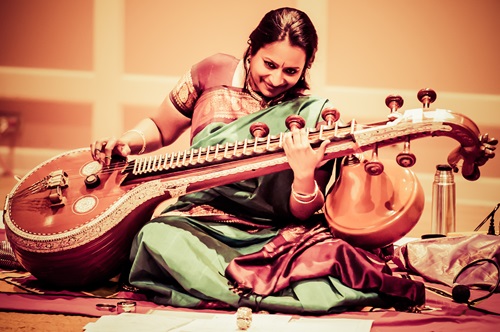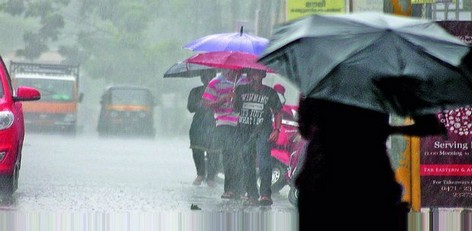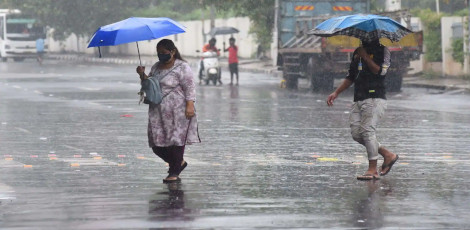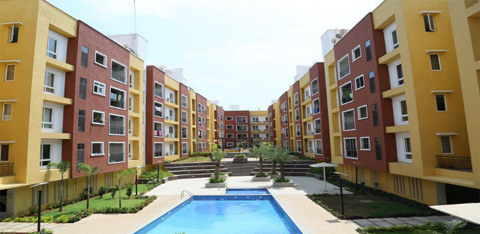Greater Chennai Traffic Police Press Note
Posted on: 26/Feb/2019 3:25:16 PM

The increasing human population and vehicular population have resulted in increasing number of accidents. In most accidents, the bystanders and motorists passing by the accident, hesitate to inform the police department or help the accident victims with a misconception that they will have to face police enquiry, legal liability etc. Due to this in many cases the accident victims do not get the required medical attention in time and lose their lives.
In order to eliminate such misconceptions and protect the people who help to save the life of the accident victims, the Hon`ble Supreme Court of India has passed orders and the Government has issued Guidelines for the Protection of Good Samaritans i.e person who is a bystander or a passer-by, who chooses to assist an injured person or a person in distress on the road. (Ministry of Road Transport and Highways Notification No.25035/101/2014-RS Dated: 12.05.2015 and 21.01.2016 and Hon`bie Supreme Court Orders in W.P. (C) No.235/2012, Dated: 30.03.2016). Some of the highlights of the guidelines for protection of the Good Samaritans are as below.
1. A bystander or Good Samaritan including an eyewitness of a road accident may take an injured person to the nearest hospital, and such persons should be allowed to leave immediately except after furnishing address by the eyewitness only and no question shall be asked to such bystander or good Samaritan.
2. As per the orders of Hon`ble Supreme Court of India and guidelines of the Ministry of Health and Family Welfare, all registered private and public hospitals are not to detain a bystander or a Good Samaritan or demand payment for registration and admission costs, unless the person helping is the family member or relative of the injured and the injured is to be treated immediately. Lack of response by a doctor in an emergency situation pertaining to road accidents, where he is expected to provide care, shall be subjected to disciplinary action.
3. The disclosure of personal information of the Good Samaritan shall be made voluntary and optional including in the Medico Legal Case (MLC) Form provided by hospitals.
4. The bystander or Good Samaritan helping the accident victims shall not be liable for any civil and criminal liability.
5. A bystander or Good Samaritan, who makes a phone call to inform the police or emergency services for the person lying injured on the road, shall not be compelled to reveal his name and personal details on the phone or in person. The disciplinary or departmental action shall be initiated by against public officials who coerce or intimidate a bystander or Good Samaritan for revealing his name or personal details.
6. Any police official or any other person shall not force any Good Samaritan who helps an injured person to become a witness in the matter. The option of being the witness in the matter shall solely rest with the Good Samaritan.
7. The Police officials shall allow the Good Samaritan to leave after having informed the Police about an injured person on the road and no further questions shall be asked if the person does not desire to be a witness in the matter.
8. In case a Good Samaritan chooses to be a witness, his examination by the Investigation O Officer shall as far as possible, be conducted at a time and place of his convenience such as his residence, office and the Investigation Officer shall be dressed in plain clothes , unless the Good Samaritan chooses to visit the police station. Such persons declaring themselves to be eye witnesses shall be examined during investigation or trail in a single examination and the methods of examination shall be in accordance to Section 296 or Section 284 CrPC. Video conferencing may be used extensively used during examination.
Therefore, all motorists and General public are requested to give the information on accidents to police and also help the accident victims without any hesitation and help in the mission of the police department to save precious human lives.
Courtesy: Chennai Traffic Police







